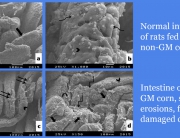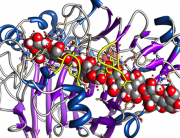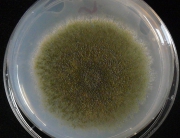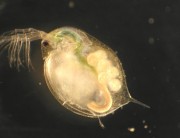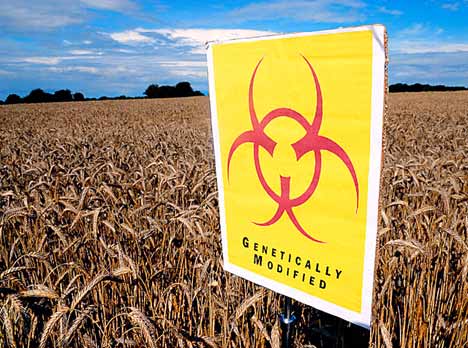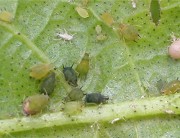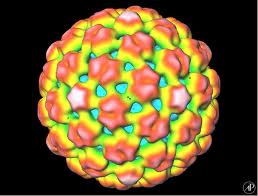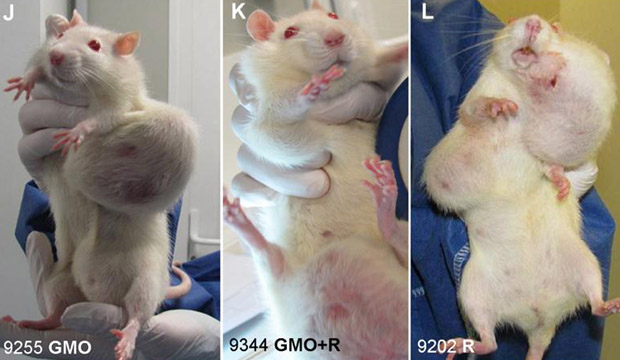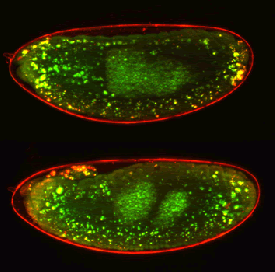Insecticidal Bt toxins such as those produced in genetically engineered plants can be detrimental to human cells. This is a result of recent research led by researchers at the University of Caen (France). Their experiments showed that toxins produced in, for example, the genetically engineered maize MON810, can significantly impact the viability of human cells.
In the case of the new growing generation of genetically modified (GM) plants with stacked traits, glyphosate-based herbicides (like Roundup) residues are present in the Roundup-tolerant edible plants (especially corns) and mixed with modified Bt insecticidal toxins that are produced by the GM plants themselves.
Source: GM Free Cymru
Abstract
The study of combined effects of pesticides represents a challenge for toxicology. In the case of the new growing generation of genetically modified (GM) plants with stacked traits, glyphosate-based herbicides (like Roundup) residues are present in the Roundup-tolerant edible plants (especially corns) and mixed with modified Bt insecticidal toxins that are produced by the GM plants themselves. The potential side effects of these combined pesticides on human cells are investigated in this work. Here we have tested for the very first time Cry1Ab and Cry1Ac Bt toxins (10 ppb to 100 ppm) on the human embryonic kidney cell line 293, as well as their combined actions with Roundup, within 24 h, on three biomarkers of cell death: measurements of mitochondrial succinate dehydrogenase, adenylate kinase release by membrane alterations and caspase 3/7 inductions. Cry1Ab caused cell death from 100 ppm. For Cry1Ac, under such conditions, no effects were detected. The Roundup tested alone from 1 to 20 000 ppm is necrotic and apoptotic from 50 ppm, far below agricultural dilutions (50% lethal concentration 57.5 ppm). The only measured significant combined effect was that Cry1Ab and Cry1Ac reduced caspases 3/7 activations induced by Roundup; this could delay the activation of apoptosis. There was the same tendency for the other markers. In these results, we argue that modified Bt toxins are not inert on nontarget human cells, and that they can present combined side-effects with other residues of pesticides specific to GM plants.
Authors
Mesnage R., Clair E., Gress S., Then C., Székács A., Séralini G.E






















